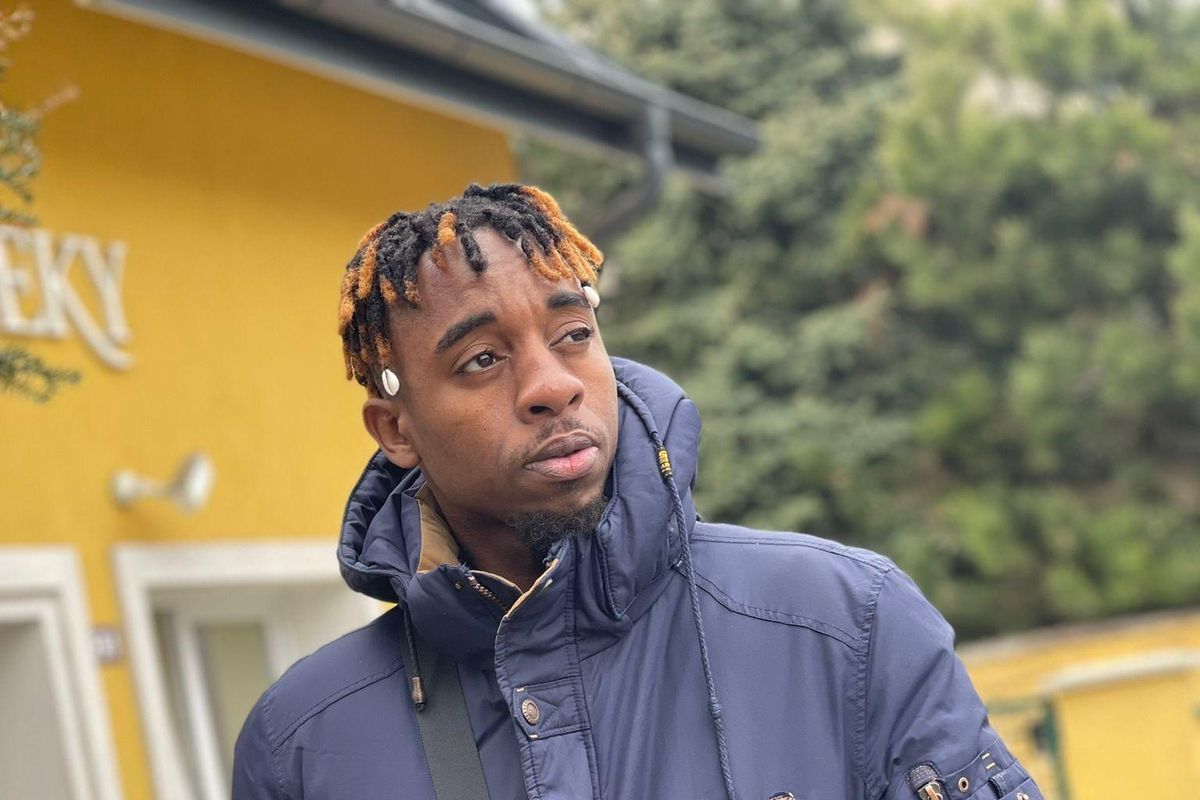Eldred, A Computer Science Student from Nigeria
"They're not telling us anything. They just dropped us here without telling us anything."

On February 26th, we released a story detailing the experiences of four African students as they attempted to flee Ukraine as Russia invaded their territory. The piece, What Africans Students Are Experiencing, recounted the strenuous journeys that the students endured fleeing the Eastern European nation.
Eldred is a Nigerian citizen who was pursuing a Master's degree in Computer Science when the Russian attack took place. He is currently in Germany in a state of limbo.
We caught up with Eldred a couple of months after the initial strike to gain a fuller picture of his trek out of war-torn Ukraine and hear about how he settled in the aftermath. Click here to read other stories in this series.
Donate to Eldred here.
Responses edited for length and clarity.
"It took us all evening to leave Ukraine. We never knew the war would get to this point so quickly. We were waiting for the government to say, "Nothing will happen. Nobody should go." But then, it got so bad that we had to leave.
We never thought that Kharkiv would be hit that badly. It wasn't easy because we had to wait for trains. The first day we tried getting out, there wasn't a train in the station. We had to go back to our homes and wait. But then, in the night, we heard bombs and decided to move. We spent hours in the train station before we caught a train that took us out of there. We took a train from Kharkiv to Uzhhorod, and it took three days because the train couldn’t run overnight for security reasons. We had to make stops when it got dark and then took off again in the morning. Then we got to Uzhhorod, which has a boundary with Slovakia. But when we got to the border, we spent hours standing outside.
I don't know why they would keep people standing in the cold for hours. Six, seven hours in the cold – late at night. Finally, we asked to cross over, produce our documents, and we got to Slovakia. We then tried making inquiries if we would be allowed to stay temporarily. Maybe give a few months' stay or a year or an opportunity to continue our studies. We were told that they can only give such opportunities to Ukrainians, not the “temporary people”. So, we had no choice. I mean, how can I stay here without knowing my future?
Racism in Ukraine is top-notch. You just adapt to it. We had no idea it was going to be like that. If we knew, we wouldn’t have gone. I'm sorry to say this, but 70% of them are racist. The way they act toward me shows they don't like me. They don't like my skin color. But that's not my problem.
Slovakia was okay. They treated us well. They gave us a place to stay, but that's not what I need. I need to do something about my studies. That's why I traveled. So I just can't stay put, and time will go on. Months will go by without doing anything. So we decided to come to Germany, and here I am. I'm trying to make inquiries too. If they can give us the opportunity to finish our studies, though I heard that they are giving to some, but I'm not sure. The school is not saying anything. We’re doing everything ourselves, you know?
Down here in Germany, they're treating us like refugees. And so I’m staying in an old motel. I'll have to get through this. I have no choice. The EU is not helping. Germany is not helping, Slovakia is not helping – no country is helping. When they say they're giving us protection, yes for three months. But three months to do what? Waste your life? They're not telling us anything. They just dropped us here without saying anything."

